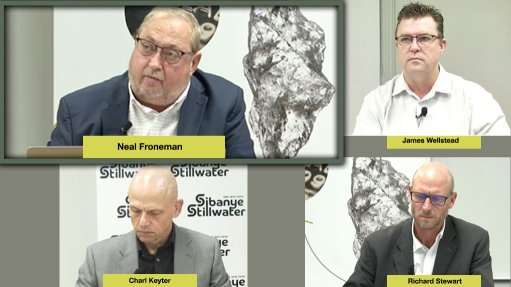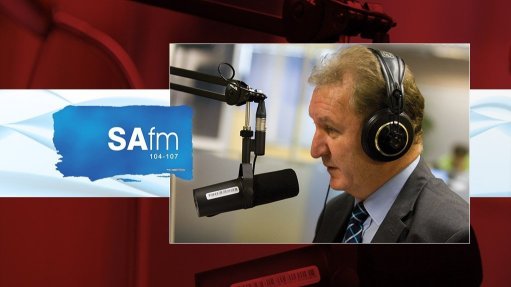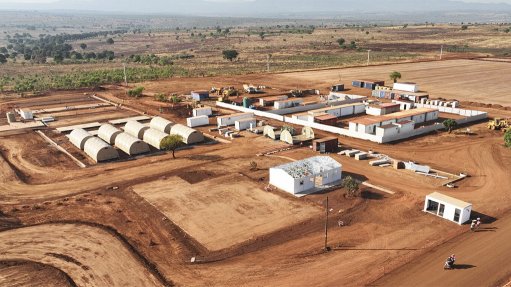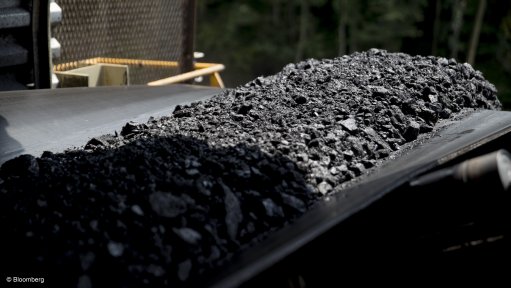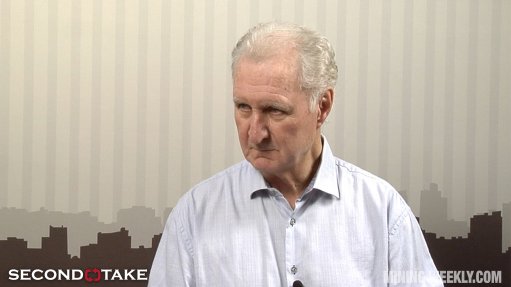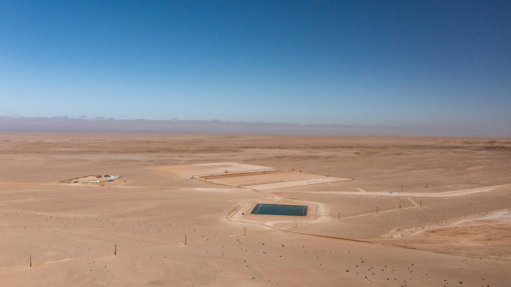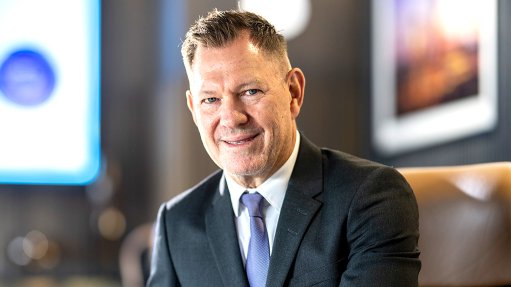Financial savings displacing loadshedding as main driver of residential solar market
The South African market drivers for residential, commercial and industrial solar PV and battery installations have started shifting towards cost savings from security of supply as loadshedding wanes, GoSolr CEO Andrew Middleton asserts.
Although installations in 2024 are likely to be well below the 2.6 GW installed during the height of the country’s loadshedding crisis last year, the subscription home solar and battery company still expects about 1 GW of small-scale PV to be installed this year.
Speaking during an EE Business Intelligence webinar, Middleton said 350.5 MW of rooftop solar capacity was added during the second quarter of 2024 – a period that coincided with the tapering off of loadshedding, which has not been declared by State-owned utility Eskom since April.
Installations were higher than those of the first quarter when an estimated 236 MW was installed, pointing to a market that was “still showing some resilience”, Middleton told webinar participants.
In this more normalised context, new installations are being pursued primarily for the prospect of financial savings, particularly given indications that Eskom and municipal tariffs will continue to rise at rates well above inflation.
While Eskom’s tariff submission has not yet been published by the regulator, it is understood that it could result in tariff increases of close to 40% if fully approved by the regulator.
Global Trends“We are moving from a back-up market to a financial-return market,” Middleton said, noting that the shift was more in keeping with global residential solar trends.
GoSolr also estimates that its subscription prices are at a price parity “tipping point” in most cities across South Africa and are poised to fall below those being paid by direct Eskom customers, especially should the State-owned company secure the hikes for which it is expected to apply.
These savings could be amplified further if home batteries were used to take advantage of the arbitrage opportunity that was likely to arise from the implementation of time-of-use tariffs.
Given that South Africa’s rooftop deployment has been underpinned hitherto by loadshedding, most households have coupled their rooftop PV systems with batteries. This is not the case in many other markets globally and could offer future system benefits, from peak shaving to “breaking the duck curve”, a phenomenon associated with the daytime dip in demand as solar production rises.
Middleton is concerned, however, about Eskom’s proposals for tariff restructuring, describing suggestions that fixed charges comprise 70% of the tariff and variable charges only 30% as being out of step with global norms.
While acknowledging that the value of the grid needed to be fully reflected in the tariff, he argued that a more balanced ratio would be necessary. This would not only ensure fairness for residential customers with solar but also to prevent more well-off residential customers and businesses from completely defecting from the national grid.
Financial savings were also emerging as the key consideration for those mines, factories and farms pursuing utility-scale opportunities, mostly through power purchase agreements with independent power producers.
However, Energy Group director Tim Hill cautioned that there were new risks associated with calculating those savings in light of changes that could affect the way electricity markets functioned in future.
Hill pointed to the prospect, for instance, of a move from monthly to hourly billing, the impact that the duck curve could have on prices at different times of the day, and likely changes to the structure of tariffs to include time-of-use charges and to reflect fixed-cost components.
Avoided Costs“A simplistic savings calculation based on your Eskom avoided cost, minus the tariff, and multiplied by the term of the commitment that you're making, is probably going to become quite a risky way to analyse the attractiveness of a project.
“It’s worth testing that more thoroughly against a range of future pricing scenarios, taking into account some of the effects that we're already seeing here in South Africa and that are also prevalent in other markets,” Hill said.
Comments
Press Office
Announcements
What's On
Subscribe to improve your user experience...
Option 1 (equivalent of R125 a month):
Receive a weekly copy of Creamer Media's Engineering News & Mining Weekly magazine
(print copy for those in South Africa and e-magazine for those outside of South Africa)
Receive daily email newsletters
Access to full search results
Access archive of magazine back copies
Access to Projects in Progress
Access to ONE Research Report of your choice in PDF format
Option 2 (equivalent of R375 a month):
All benefits from Option 1
PLUS
Access to Creamer Media's Research Channel Africa for ALL Research Reports, in PDF format, on various industrial and mining sectors
including Electricity; Water; Energy Transition; Hydrogen; Roads, Rail and Ports; Coal; Gold; Platinum; Battery Metals; etc.
Already a subscriber?
Forgotten your password?
Receive weekly copy of Creamer Media's Engineering News & Mining Weekly magazine (print copy for those in South Africa and e-magazine for those outside of South Africa)
➕
Recieve daily email newsletters
➕
Access to full search results
➕
Access archive of magazine back copies
➕
Access to Projects in Progress
➕
Access to ONE Research Report of your choice in PDF format
RESEARCH CHANNEL AFRICA
R4500 (equivalent of R375 a month)
SUBSCRIBEAll benefits from Option 1
➕
Access to Creamer Media's Research Channel Africa for ALL Research Reports on various industrial and mining sectors, in PDF format, including on:
Electricity
➕
Water
➕
Energy Transition
➕
Hydrogen
➕
Roads, Rail and Ports
➕
Coal
➕
Gold
➕
Platinum
➕
Battery Metals
➕
etc.
Receive all benefits from Option 1 or Option 2 delivered to numerous people at your company
➕
Multiple User names and Passwords for simultaneous log-ins
➕
Intranet integration access to all in your organisation











